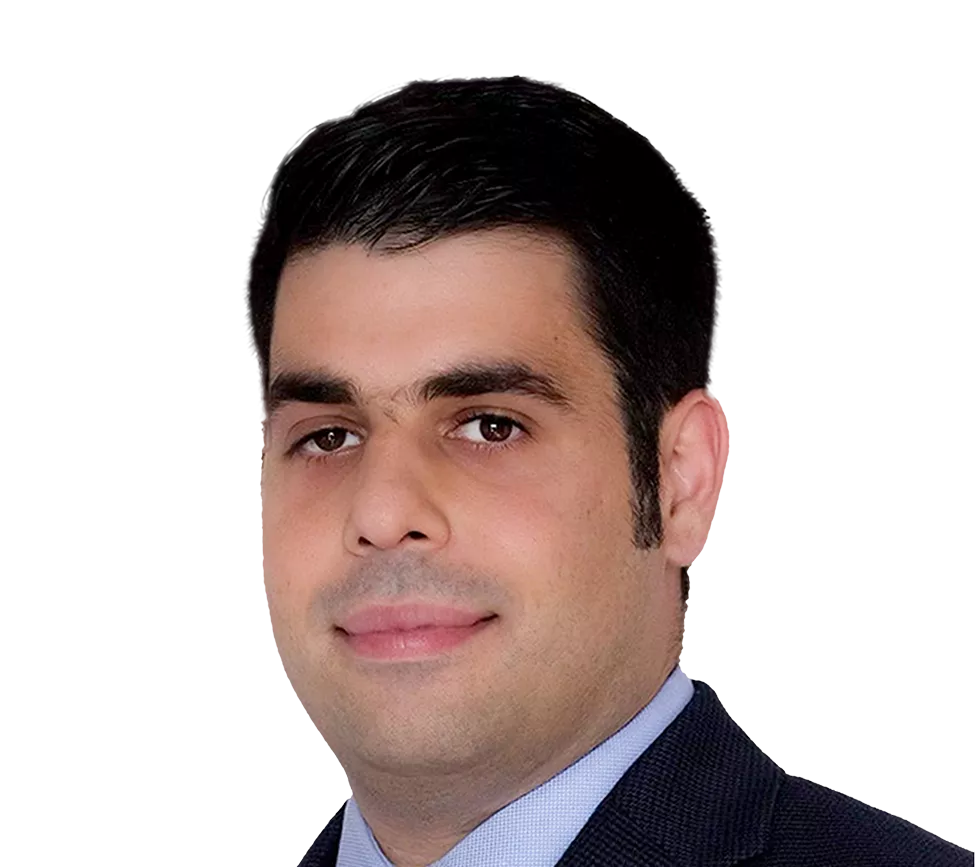

- Ph.D., Bioengineering, University of Pittsburgh, 2021
- B.S., Bioengineering, University of Pittsburgh, 2015
- Professional Engineer Mechanical, California, #42636
- Certified XL Tribometrist (CXLT)
- Vehicle Crash Reconstruction: Principles and Technology, SAE International, 2024
- Graduate Assistantships in Areas of National Need (GAANN) Fellowship Award, 2017-2019
- Outstanding Biomechanics Student of the Year, Department of Bioengineering, Committee of Biomechanics, University of Pittsburgh, 2015
- Society of Automotive Engineers (member), 2025-Present
- American Society of Biomechanics (member), 2021-Present
Dr. Aucie investigates injury mechanisms associated with a wide variety of scenarios including motor vehicle collisions, pedestrian impacts, workplace incidents, and slip/trip/fall events. He also evaluates hazard patterns associated with consumer products, with both current designs as well as alternative designs.
Dr. Aucie evaluates occupant kinematics in automobile collisions, including frontal, rear-end, lateral impacts, and sideswipes, as well as rollovers to understand potential injury mechanisms. He also analyzes events to determine whether the mechanisms of acute injury are present in an event and whether an event can be causally related to specific pathologies. Dr. Aucie also designs and executes human experiments to quantify and interpret human movement data in real world environments which includes collecting, analyzing, and interpreting data from inertia measurement units (IMUs), multi-camera motion capture systems, electromyography (EMG), etc.
Prior to joining Exponent, Dr. Aucie was a Graduate Assistant at the University of Pittsburgh Department of Bioengineering, working in the Sensorimotor learning laboratory. During his time in this laboratory, Dr. Aucie employed unique experimental methods by using force-plate data to assess the transfer of walking movement from a treadmill to overground. Furthermore, he implemented a novel approach to count steps during overground walking in real time with a motion capture system, allowing for better control for uniform data collection. He gained extensive experience in the use of motion capture systems, force-plates, EMG, IMUs, exoskeletons, and mobile respirometry systems. Dr. Aucie has led more than 200 sessions of human testing on young and older healthy adults as well as post-stroke patients.